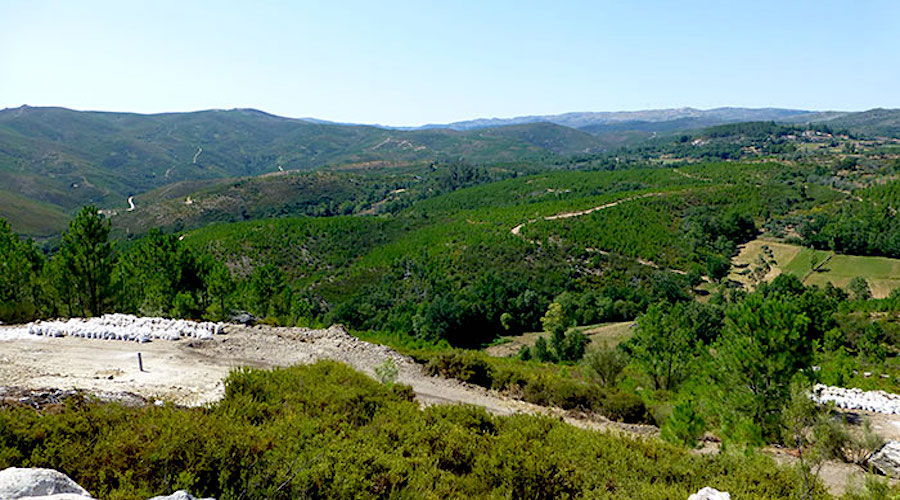Portuguese energy group backs Savannah’s lithium project

Savannah said Galp was also evaluating an offtake agreement for 100,000 tonnes of lithium concentrate per year, or about 50% of the mine’s expected output.
“The agreement represents a significant step in commercializing Mina do Barroso and will be an important factor in securing financing for the construction of the project,” the company said.
Speedy progress
Savannah acquired a 75% interest in Mina do Barroso in May 2017 and it has maintained a fast paced development approach since.
The project holds a resource estimate of 20 million tonnes of lithium with over 200,000 tonnes contained Li20. Additionally, metallurgical test-work results have produced a 6% Li20 low impurity concentrate, which according to Archer is “ideal” for the electric vehicles (EV) battery industry.
One hiccup in Savannah’s plans may be that, according to experts, it is 2.5 times more expensive to produce lithium extracted from Portugal’s granite rocks than from the brine fields of Chile. The South American nation hosts some of the planet’s largest known reserves of the white metal.
Mina do Barroso is set to initially produce 6% Li2O spodumene concentrates destined for China. The open-pit mine will also yield a feldspar and quartz co-product to be sold to ceramics industry customers locally and in neighboring Spain.
Portugal, already Europe’s top lithium producer, accounts for about 11% of the global market, but its output is entirely used to make ceramics and glassware. That’s why Europe relies on lithium imports from Latin America’s “Lithium Triangle,” as well from Australia and China.
Good timing
The news come amid forecasts that say Europe will overtake China as the top electric vehicle market this year, spawning investment into the necessary infrastructure and local supply chains to reduce a dependence on Asian battery makers.
The British government has been one of the most aggressive European administrations to push for investment into battery factories. The goal is to protect the future of local car plants.
UK carmakers have three years to source local electric car batteries, following the Brexit free trade deal inked last year. Under the agreement, all European trade in cars and parts will continue to be free of tariffs or quotas after the Brexit transition period ended on December 31, as long as they contain enough content from either UK or EU factories.
Batteries will at first be allowed to have up to 70% of materials from countries outside the EU or the UK. From 2024 onwards, however, that requirement will tighten to 50%.




